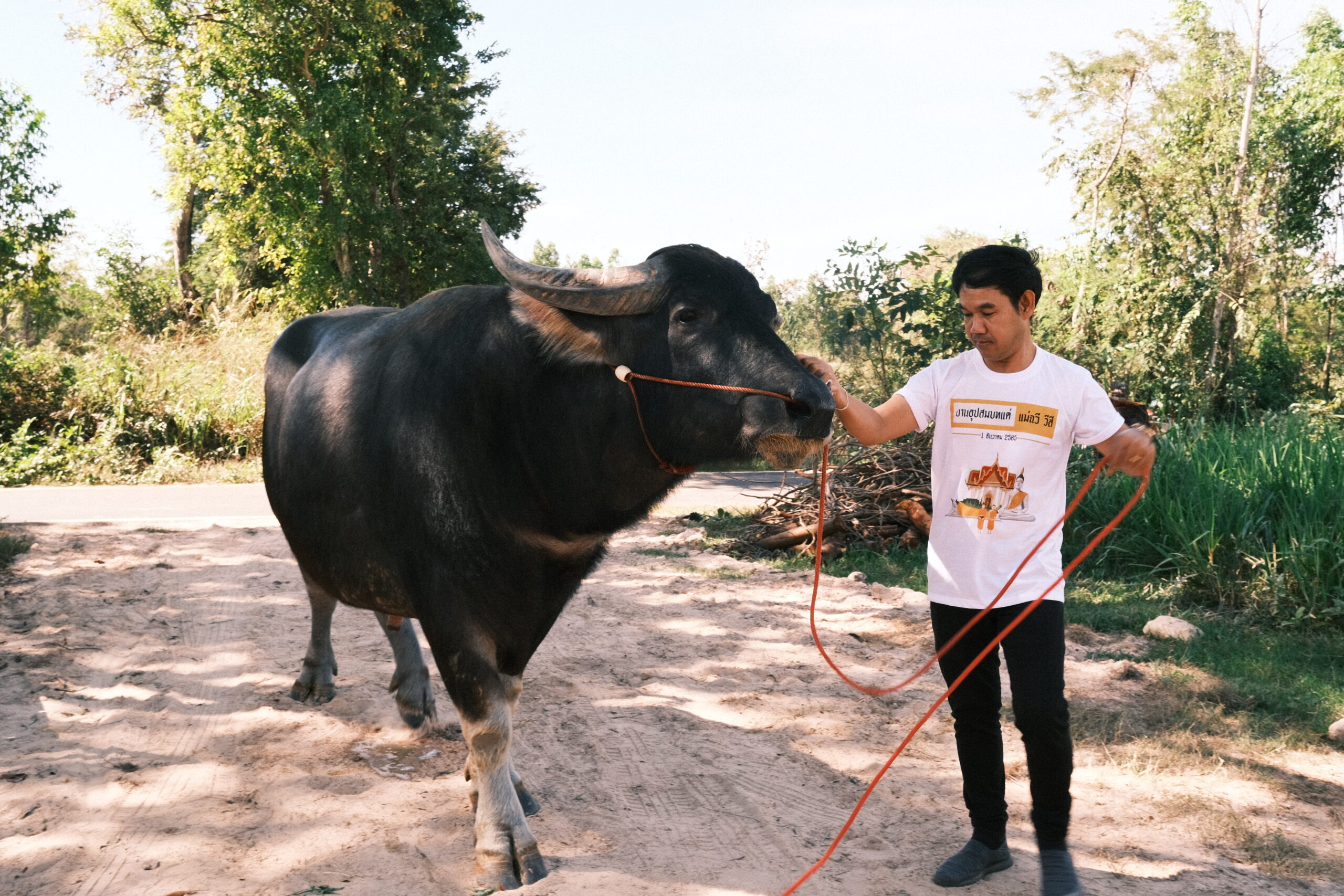Rasmee Isan Soul, or Rasmee Wayrana, is a renowned Isaan artist who has been recognized by “The Straits Times” as one of the top 50 notable individuals in Asia in the fields of culture and performance. The accolades and reputation Rasmee has garnered are largely due to the unique musical genre that she’s developed. By blending the roots of traditional Isaan music, such as mor lam, jariang, and kantruem singing styles, combined with the global appeal of soul music, Rasmee introduced her own style, dubbed “Isan Soul.”
This fresh perspective allows her audiences to experience Isaan music in a new way. The cultural music heritage of her native Nam Yuen district of Ubon Ratchathani province profoundly influenced young Rasmee and transformed her into the soulful artist she is today.
“The Isaan Record” invited Rasmee to talk about her experience, from the first day she embarked on discovering her musical identity to the present day as Rasmee Isan Soul, a Thai artist recognized domestically and internationally.





